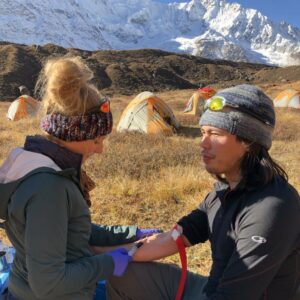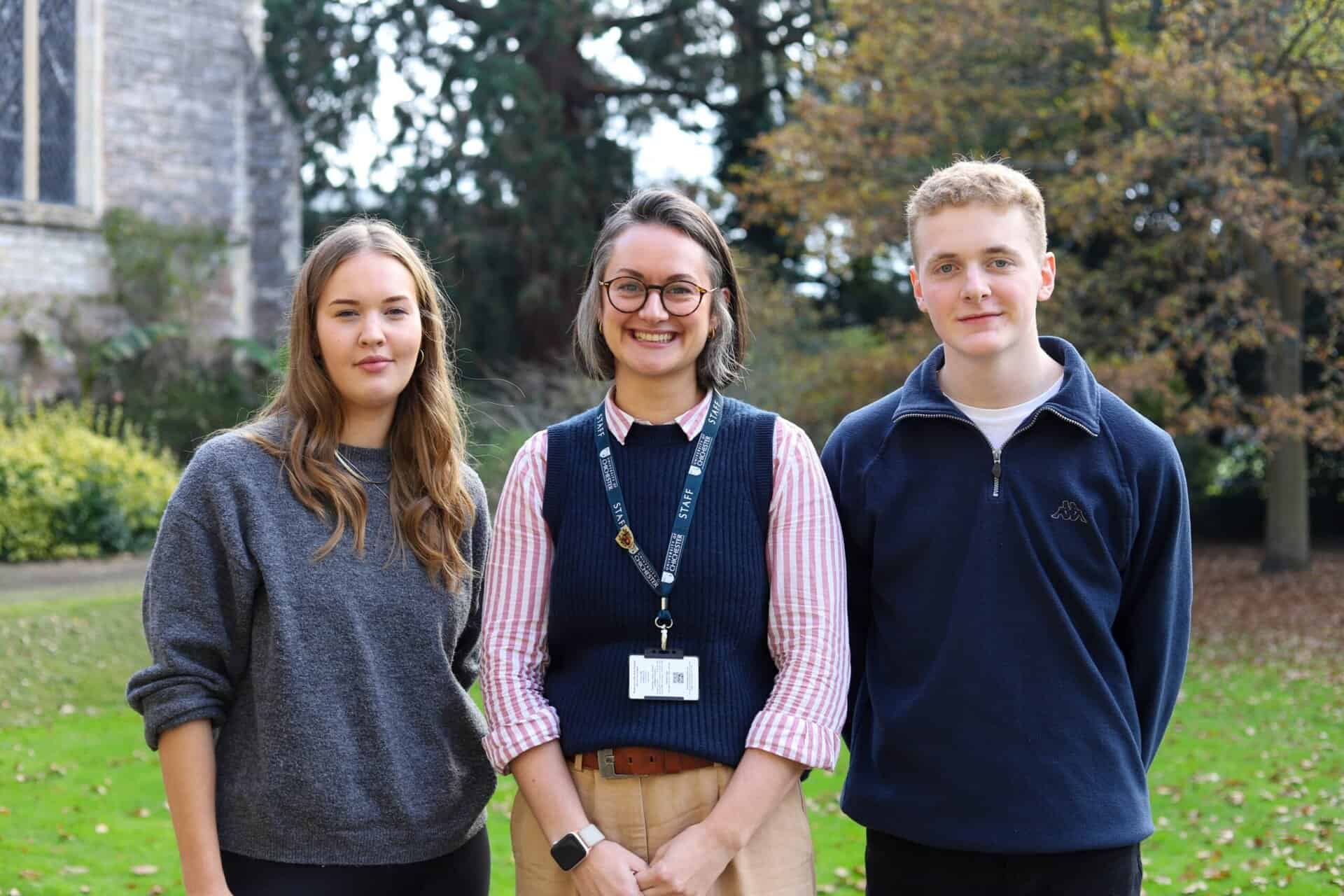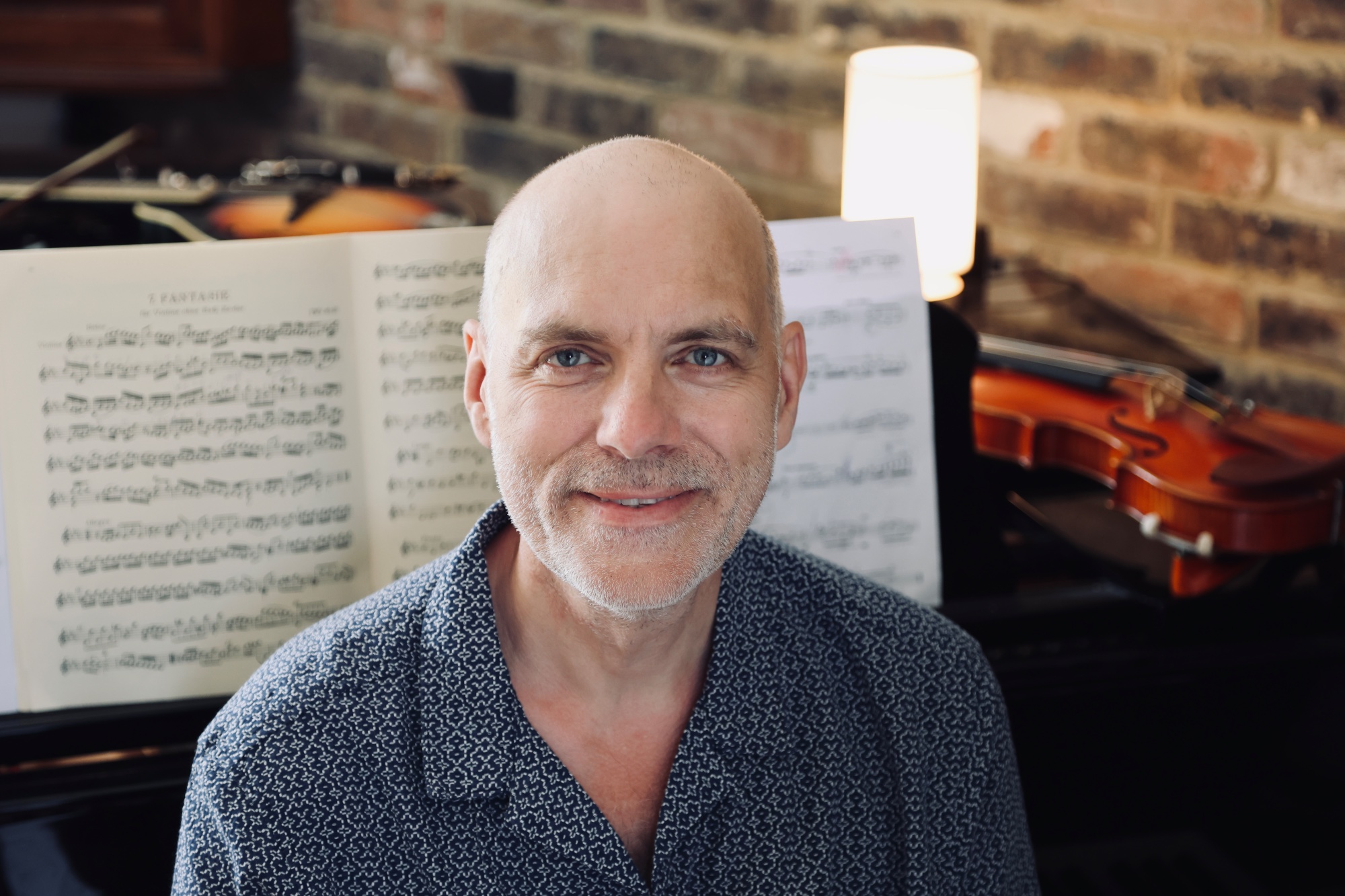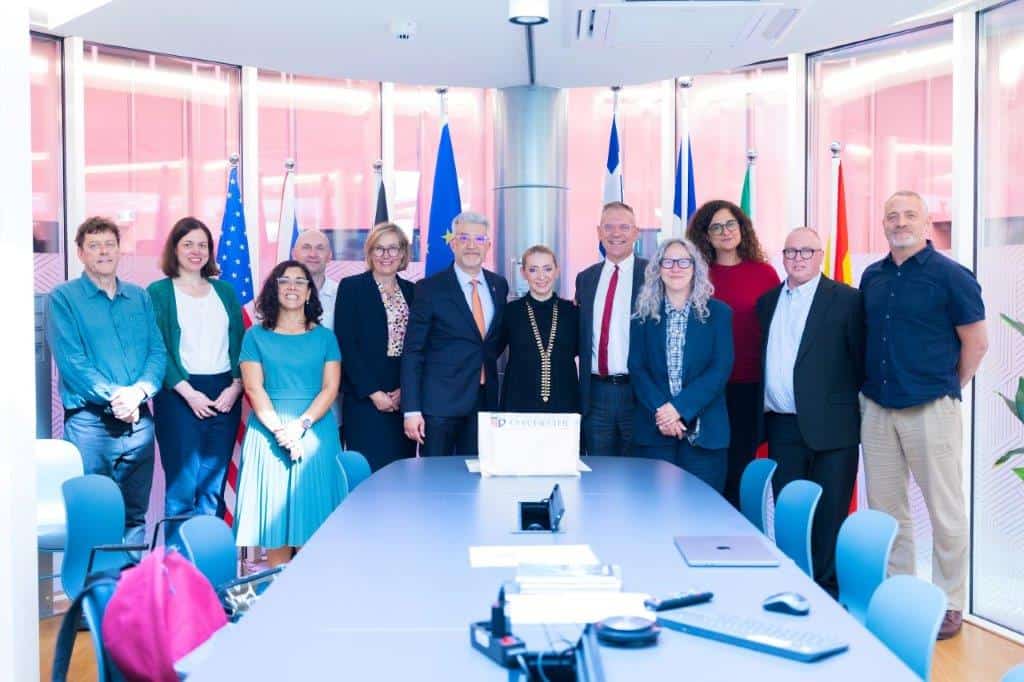University of Chichester scientists share their stories for International Women in Science day

As the International Day of Women and Girls in Science approaches on 11 February, the University of Chichester is highlighting the work of its female scientists.
The event, which is organised by the United Nations and is now in its ninth year, aims to celebrate the contribution of women in science, encourage girls to study STEM subjects and close the gender gap in these fields.
The University employs many female scientists with a range of interests. They include Dr Yee Sing Chin, Senior Lecturer in Mechanical Engineering at Chichester, who specialises in bioenergy and thermofluids.
She says her curious spirit was inspired by Marie Curie: “Generally, I enjoy that sheer satisfaction when I read about new discoveries and scientific breakthroughs. Besides Marie Curie’s novel contribution to the world, her research spirit and perseverance impressed me very much; the fact that she had been awarded the prestigious Nobel Prize twice is simply amazing and inspiring.
“When it comes to promoting women in the sciences, it’s important to nurture an interest in science amongst girls from their childhood years by exposing them to various scientific concepts.
“And at work, providing women with the authority to make the final decision in scientific matters, besides being empowering, is a way to show appreciation and recognition to a woman’s contribution.”
Dr Kimberly Ashdown, a Research Fellow in the Occupational Performance Research Group, specialises in military research and extreme environment physiology, especially high altitude.
She says: “I was never sure what I wanted to do ‘when I grow up’ but have always been keen to take new opportunities when they’re offered. I had my interest in high altitude sparked by my secondary school PE teacher (also a former UoC student) and when it came to choosing an undergrad dissertation project, I was introduced to Prof Steve Myers. He was a member of the Birmingham Medical Research Expeditionary Society (BMRES) and introduced me to them. Eleven years later I have met some of my best friends through this group, been on six high-altitude research trips and I’m currently planning the next one to Mount Kilimanjaro. This has made me realise what a privilege it is to have a research-based job and work with scientists and medics at the top of their field.
“I have been fortunate to never feel at a disadvantage due to being a woman. My path to getting to where I am now has mainly been supported by men. With that in mind, perhaps the best approach to encouraging women into science is to educate our young people that jobs can be done by anyone.
“The female scientists who have inspired me include Dr Kelsey Joyce (University of Birmingham) – a force to be reckoned with, an incredibly talented scientist and writer, and the hardest working person I know. And then there’s Dr Hannah Lock, creator of ‘Humans at High Altitude’, ED doctor and volunteer mountain rescue worker. She also frequently works as a medic on overseas high-altitude treks – she never stops helping people, is constantly striving to become more qualified and is totally level headed. She is 100% who you want on your team.”
Francesca Heaps is an Associate Lecturer in Mathematics and Director of Just Learn, where she tutors children in Maths, Science and Computing.
She says: “Maths has always been an interest of mine and I like that you can work methodically and get to a single right answer (most of the time!). A lot of science is applying maths to understand the world around us. My mum teaches maths, my grandad was an engineer and my dad ran a computing company so I think it’s in my blood.
“Recently, I have been inspired by Dr Sarah Berry. She works on the Zoe study to look at nutrition and overall wellbeing and seems really passionate about issues that affect women like hormones and menopause. It’s great to see these issues getting a spotlight. It’s important to show girls that they can aspire to anything and having role models in science is a fantastic way to do this.”
This year’s International Day of Women and Girls in Science is also focused on sustainable development goals, such as clean water, sustainable cities and green energy.
Dr Yee Sing says: “Apart from meeting our needs at present, it is our obligation to practise sustainable development such that the quality of life of our future generations is not compromised. The University is committed to ensuring that we reduce our environmental impact in many ways across our campuses. It is important to have a future workforce that remembers sustainability in their careers.”
And Dr Kimberly says: “Given the lack of high-altitude destinations in the UK, typically a flight is required in order to conduct research in this field. To offset the carbon from these trips, BMRES members have all contributed and together have planted 10,000 trees at the Norbury Estate in Staffordshire.”





